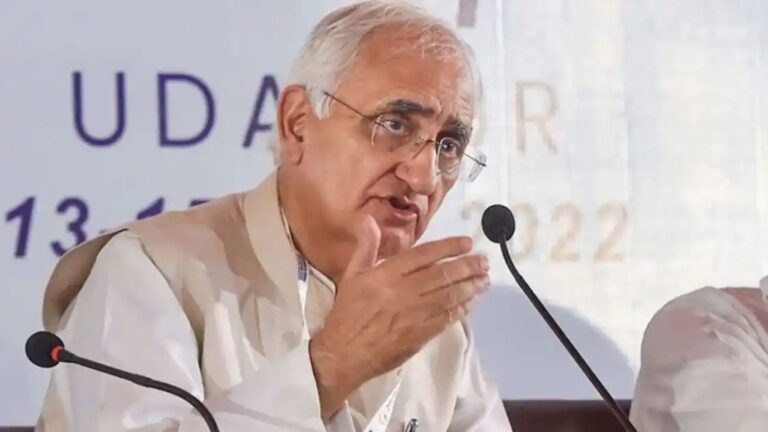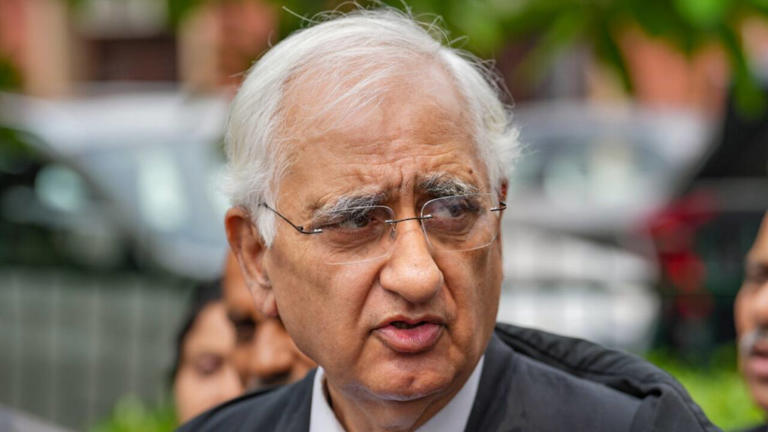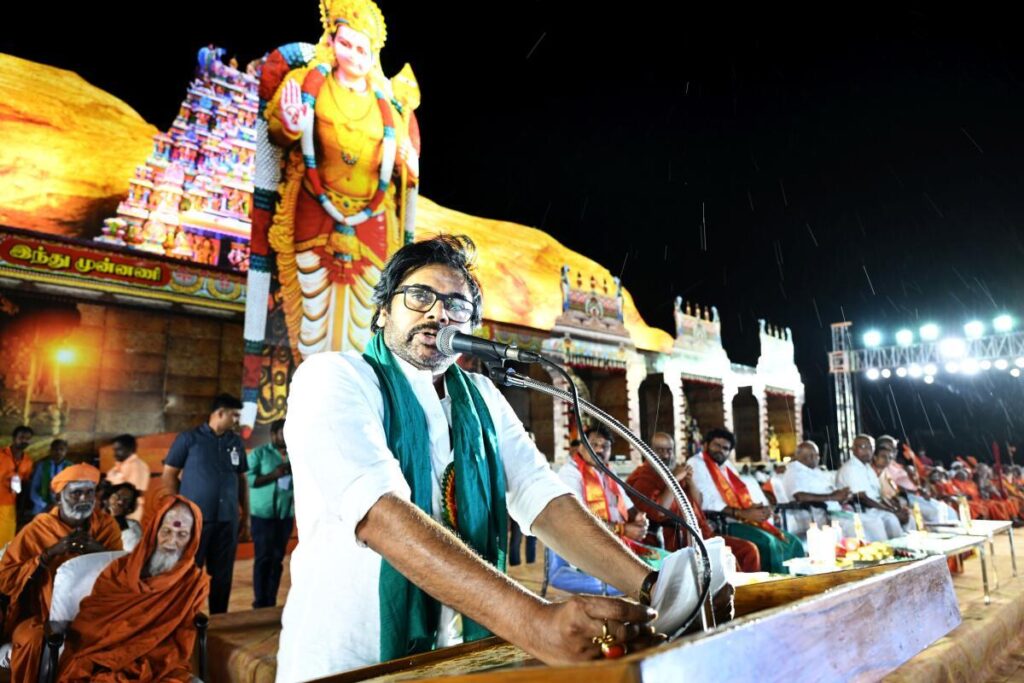Congress leader praises Modi government’s Kashmir decision, calls it a step towards unity, democracy, and stability.
In a striking departure from the Congress party’s earlier stance, senior Congress leader Salman Khurshid has endorsed the abrogation of Article 370, a constitutional provision that once granted special status to Jammu and Kashmir. Speaking in Indonesia during an official visit as part of an all-party parliamentary delegation, Khurshid described the 2019 move by the Modi government as a decisive step that “ended the perception of separateness” in the region.
Khurshid’s remarks have drawn widespread attention for their political significance. While the Congress Party had previously opposed the move, his endorsement suggests a shifting consensus in Indian political circles about the integration and normalization of Jammu and Kashmir post-Article 370.
MASSIVE RESET: Salman Khurshid: Art 370 gave outsiders the impression J&K was separate from India, but its abrogation, high voter turnout & elected govt prove it is integral to India."
— Rahul Shivshankar (@RShivshankar) May 30, 2025
WHAT CONG BRASS HASN'T SAID TILL NOW CONG MPs SAYING ALOUD.
Tharoor, Khurshid, who's next? pic.twitter.com/qDAHLvmJMo
Article 370 Abrogation: Integration and Political Normalization
Salman Khurshid emphasized that the removal of Article 370 put an end to a long-standing psychological and political divide that existed between Kashmir and the rest of India. According to him, the special status created an “impression of separateness,” which hindered national integration and delayed the region’s development.
“It was a major problem for Kashmir. That problem is now gone,” said Khurshid, referencing the constitutional change in August 2019 that stripped Jammu and Kashmir of its autonomous status and split the state into two Union Territories.
He also pointed to high voter turnout (65%) in the most recent elections as a sign of the region’s democratic progress. The re-establishment of an elected government in the Union Territory, he claimed, was evidence that peace, political participation, and governance had returned to the region.
Congress Dissent and Foreign Policy Messaging

Khurshid’s remarks hold broader implications beyond domestic politics. They came during India’s Operation Sindoor, a diplomatic outreach campaign to counter Pakistan’s narrative on Kashmir and cross-border terrorism. His statement was made in discussions with foreign policy experts and academics in Indonesia, further reinforcing India’s unified position on Kashmir in the international arena.
Significantly, Khurshid reaffirmed India’s sovereignty over Pakistan-Occupied Kashmir (PoK) and asserted that India will only hold talks with Pakistan if there is a verifiable, long-term commitment to peace. This echoes the Indian government’s long-standing position on bilateral talks, post-terror incidents like the April 2025 Pahalgam attack.
Khurshid’s endorsement also shows a subtle yet significant deviation from the Congress Party’s historical view, which initially criticized the abrogation as unconstitutional. However, after the Supreme Court upheld the move, the party has gradually recalibrated its position, recognizing the legal finality and political reality.
Salman Khurshid’s public support for the abrogation of Article 370 marks a pivotal moment in Indian politics. It not only strengthens the narrative of national unity and integration but also reflects a growing bipartisan consensus that Jammu and Kashmir’s future lies within the mainstream democratic framework of India. His remarks serve as both a validation of the Modi government’s Kashmir policy and a signal to the international community that India’s political class—cutting across party lines—is increasingly aligned on the issue of terrorism, territorial integrity, and constitutional clarity in Jammu and Kashmir.





















